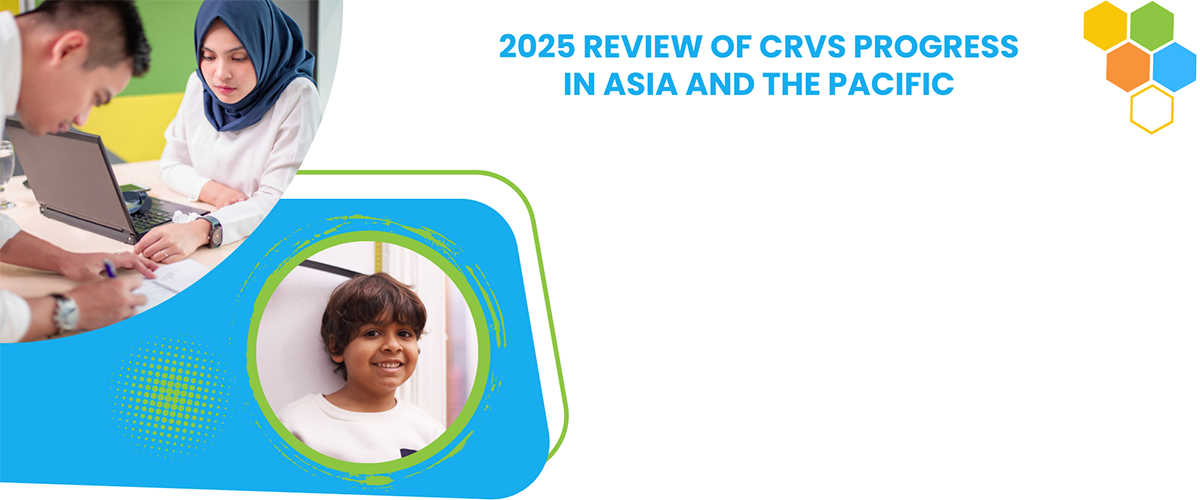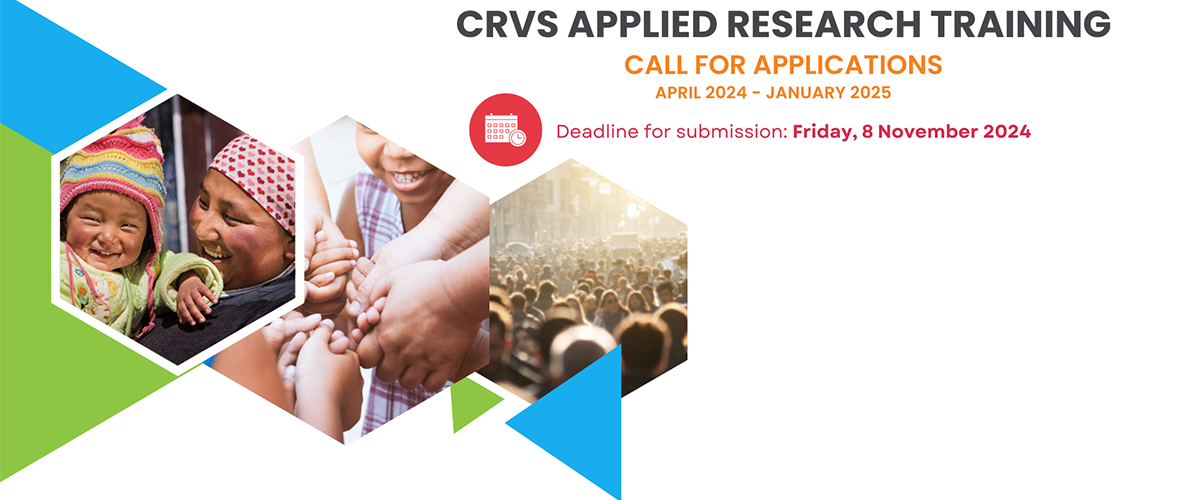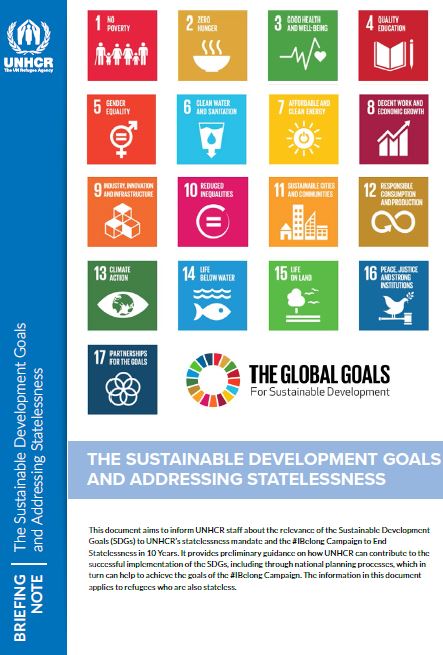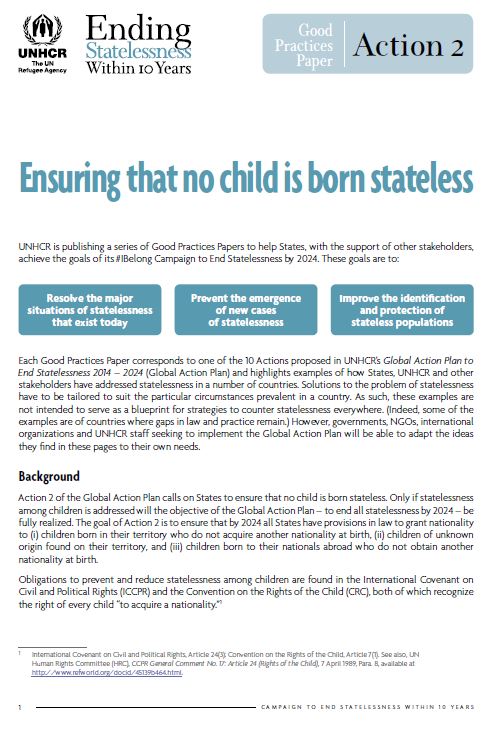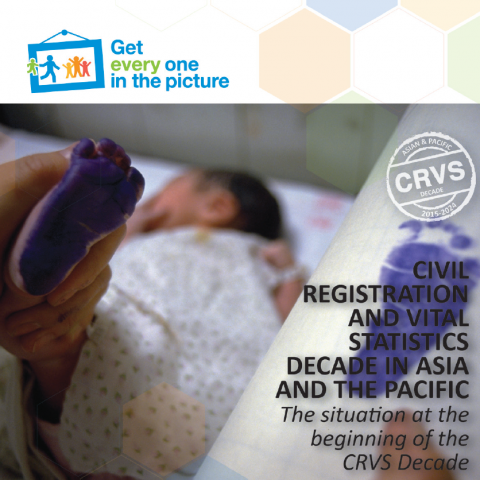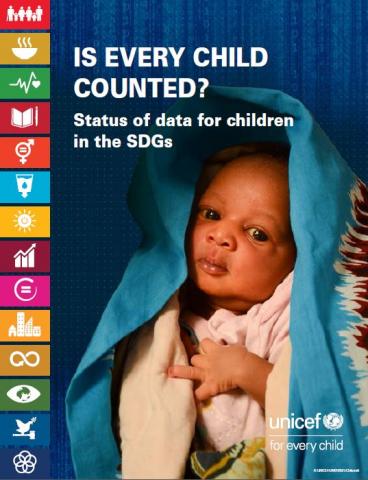Technical Seminar on Legal Framework for Civil Registration, Vital Statistics and Identity Management Systems
United Nations Statistics Division (UNSD), in cooperation with the Organization for Security and Co-operation in Europe (OSCE) and the Asian Development Bank (ADB) is organizing a Technical Seminar on Legal Framework for Civil Registration, Vital Statistics and Identity Management Systems. The seminar will take place in Manila, Philippines, from 17 to 19 July 2017 and will be conducted in English.

